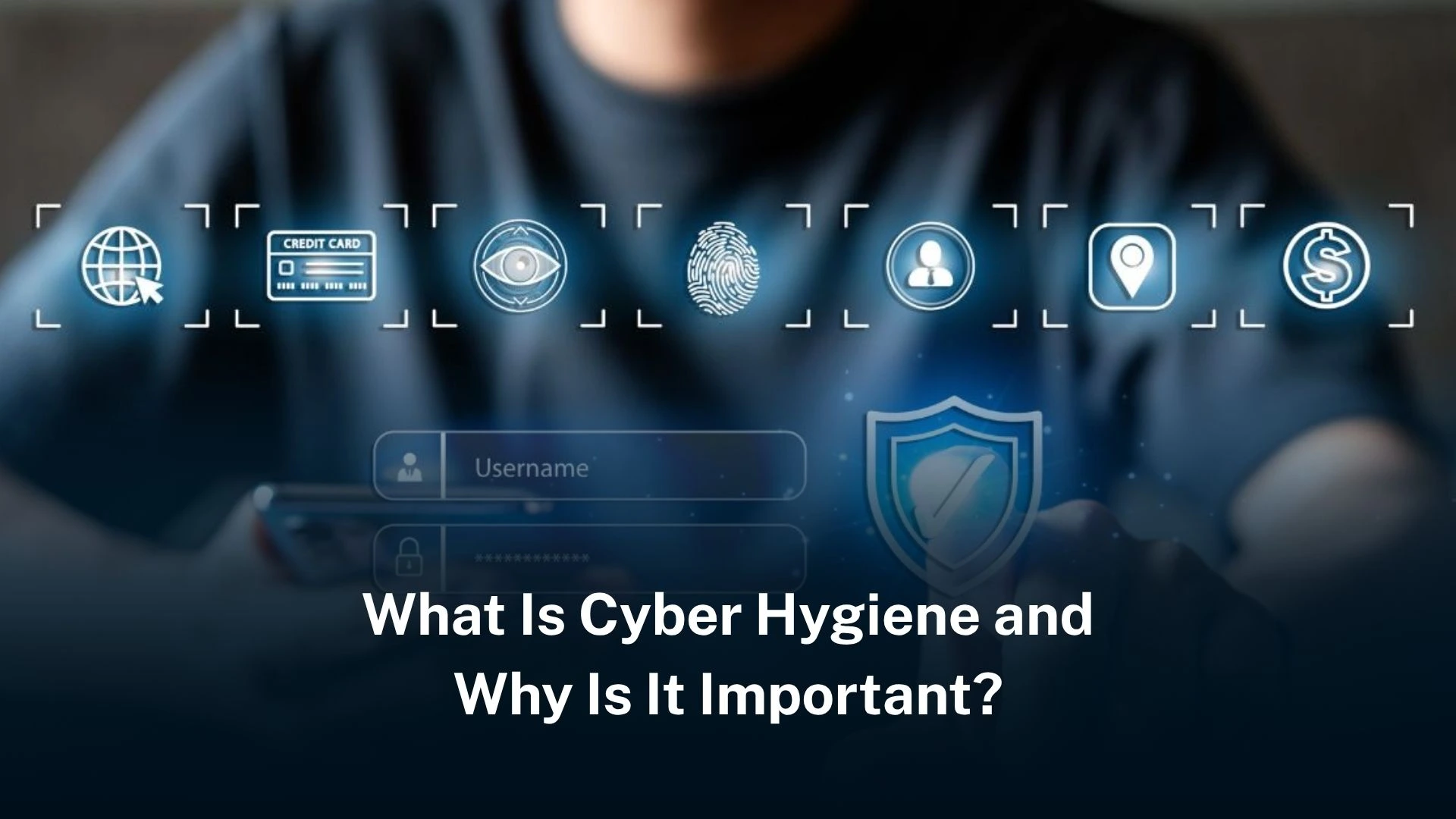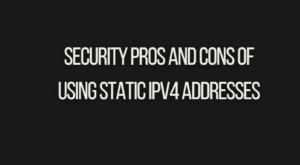Table of Contents
ToggleCyber hygiene involves regular habits like updating software, using strong passwords, and being cautious with emails.
Good cyber hygiene can prevent most cyber attacks and protect personal and business information.
What cyber hygiene really means
Think about how you take care of your body. You brush your teeth every day. You take a shower. You wash your hands. You do these things because they help you stay healthy. Cyber hygiene works the same way, but for your devices and your online life.
You can think of cyber hygiene as a set of small things you do to keep your information safe. You do them to stop bad things from happening. Some of these steps are simple. For example, you can update your phone or computer when it asks you. You can use strong passwords. You can be careful about which emails you open. These things may not seem big, but they can make a big difference.
The European Union Agency for Cybersecurity (ENISA) says that many cyber threats can be stopped with basic habits like these. ENISA says these small actions help keep people, companies and even governments safer online.
So, cyber hygiene is not just something that IT experts talk about. It is something everyone should do. If you use the internet, you are at risk. This means you also have a role to play in keeping things safe.
Why we need good cyber hygiene now more than ever
Almost everything we do now involves the internet. We use it to send messages. We use it to shop. We use it to bank. Many of us even work online every day. Because of this, we are more open to danger than ever before.
When you use the internet, your information moves from one place to another. This includes names, phone numbers, passwords and even your money. If you do not protect that information, someone else might take it. That person might be a hacker. A hacker can steal your data, break into your bank account, or even stop your work.
The team at TechTarget explains that cyber hygiene is one of the best ways to fight back. If you follow good habits, you can lower your chances of being attacked. You can also bounce back faster if something does go wrong.
When a company gets hit by a cyber attack, it can lose money, customers and trust. When a person is attacked, they can lose access to their email, bank or personal files. Good hygiene is not just about staying safe today. It also helps you get back on your feet if something bad happens later.
So, cyber hygiene is not just useful. It is necessary. It is part of how we live and work now. And the better we are at it, the safer we will be.
Easy steps everyone can take to stay safe online
You can protect your digital life with some simple daily steps. These habits help keep hackers away and protect your information.
First, make strong passwords. Use long passwords with letters, numbers, and symbols. Don’t use the same password for many accounts. If you find it hard to remember them, try a password manager. It helps you store and create strong passwords safely.
Next, turn on two-factor authentication. This means you add an extra step when you log in. After typing your password, you get a code on your phone or email. You enter the code to finish signing in. This makes it harder for others to get into your account.
Keep your software updated. Computers, phones, and apps get updates that fix security problems. Turn on automatic updates if you can. This way, your devices always have the newest protection.
Be very careful with emails. Don’t open emails or click on links from people you don’t know. These can trick you into giving away your information or letting viruses in. Always check who sent the email before you reply or download anything.
Back up your important files. Save copies on an external hard drive or cloud storage. If your device breaks or gets a virus, you will not lose your files.
Protect your Wi-Fi network by changing the default password on your router. Use strong encryption like WPA3. Turn off features you don’t need, such as remote access.
Use antivirus software and keep it updated. It helps find and remove harmful programs. Also, limit how much personal information you share online. The less you share, the harder it is for someone to misuse your details. Check your privacy settings to control who sees your posts.
Finally, check your accounts and devices often. Look for any unusual activity. If something looks wrong, tell your bank or service provider right away.
How individuals and businesses both need to take charge
Keeping the internet safe is not only for experts. Every person and business has a role.
Individuals should learn about cyber threats and use safe habits every day. Being careful and staying alert can protect you.
Businesses need to train their employees about cyber hygiene. They should set clear rules about how to use and protect data. Regular software updates and having a plan for cyber attacks are very important. This helps the company stay safe and keep customers’ trust.
Why good cyber hygiene is not always easy but worth it
Doing all these things every day can be hard. People forget to update devices or do not understand why it matters. Businesses may find it tough to make sure everyone follows the rules or learns what to do.
Some people think they will never be attacked. This can lead to careless mistakes. Also, technology changes fast. New threats come out often. Keeping up with these changes takes effort and attention.
Still, the benefits make it worth trying. When you take care of your digital life, you are less likely to face problems. Hackers often look for easy targets. You do not want to be one.
The rewards of staying safe online
When you practice good cyber hygiene, you get many benefits.
You are less likely to be attacked by hackers. Your personal details, like your name and bank information, stay safe. This helps stop identity theft and fraud.
For businesses, good cyber hygiene means fewer problems. Systems keep running, and customer data stays protected. This helps build trust with clients and partners.
You can also feel more confident. Knowing you have done what you can to protect yourself lets you use the internet without too much worry.
What experts say about simple cyber hygiene steps
Experts agree that small, regular actions make a big difference. They say updating devices, using strong passwords, and watching out for threats are key.
The European Union Agency for Cybersecurity (ENISA) gives clear advice. They suggest two-factor authentication and being careful with emails.
TechTarget says everyone shares responsibility for good cyber hygiene. They recommend companies set policies and train workers to keep data safe.
FAQs
Q1: What is cyber hygiene?
A1: Cyber hygiene refers to the practices and steps taken to maintain the health and security of devices, networks, and data.(techtarget.com)
Q2: Why is cyber hygiene important?
A2: It helps prevent cyber attacks, protects personal and business information, and ensures the smooth operation of digital systems.
Q3: How can I improve my cyber hygiene?
A3: Use strong passwords, enable two-factor authentication, keep software updated, be cautious with emails, and back up data regularly.
Q4: Who is responsible for cyber hygiene?
A4: Everyone, including individuals and organizations, shares the responsibility of maintaining good cyber hygiene.
Q5: What are common cyber hygiene mistakes?
A5: Common mistakes include reusing passwords, ignoring software updates, clicking on suspicious links, and sharing too much personal information online.(crowdstrike.com)





I love the information so very much. I now see the need for Cybersecurity courses. Phishing is taking many dimensions as science is evolving. Thank you once more for this vital information.
Great post. I was checking continuously this blog and I’m inspired!
Extremely useful info specifically the ultimate section 🙂 I care for such information a lot.
I used to be seeking this particular information for a long time.
Thanks and best of luck.
We stumbled over here from a different web page and thought I might as well check things out.
I like what I see so i am just following you. Look forward
to finding out about your web page for a second time.
Hello it’s me, I am also visiting this web page on a regular basis, this website is actually pleasant and the users
are really sharing nice thoughts.
Hi there friends, how is the whole thing, and what you would like to say about this paragraph, in my
view its truly amazing for me.